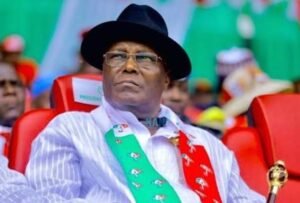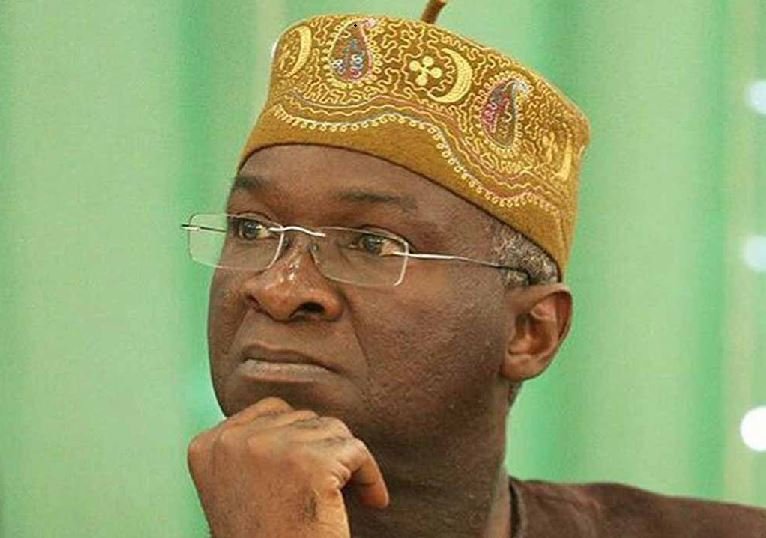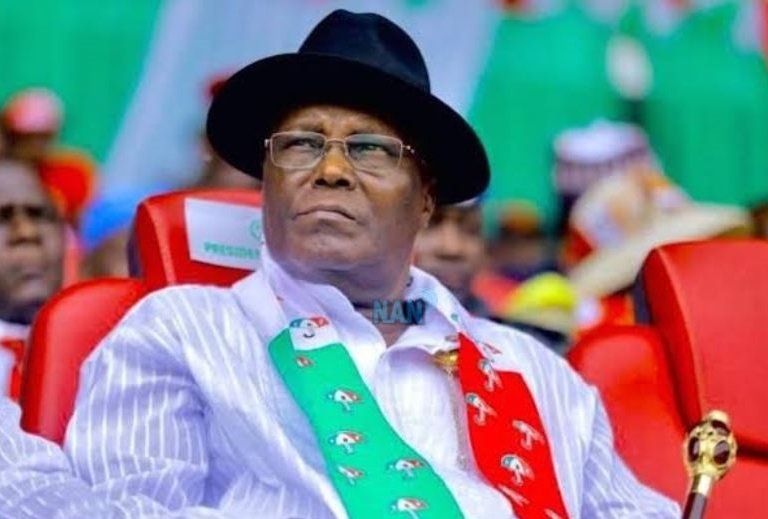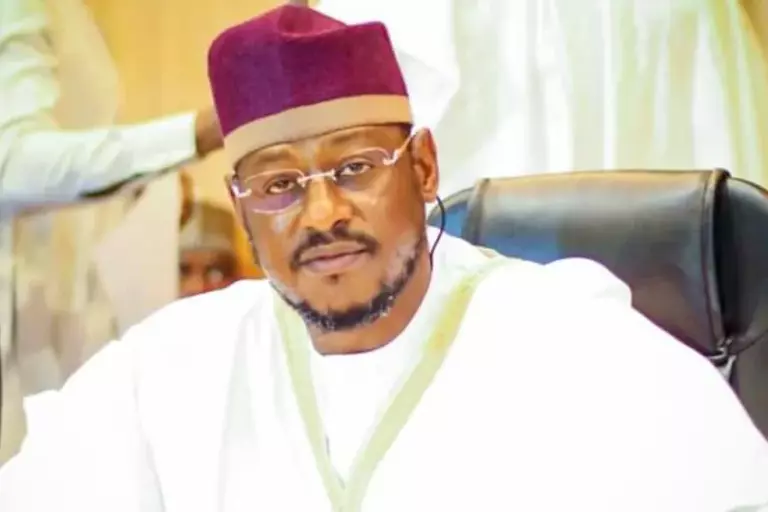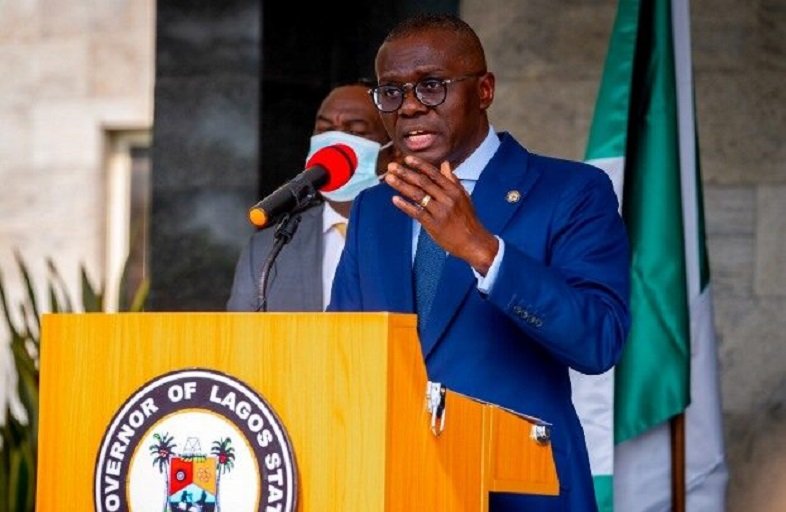Former Minister of Power, Works and Housing, Babatunde Fashola, has described the push for local government autonomy in Nigeria as unrealistic, given the provisions of the current constitution.
Speaking on Saturday during an appearance on Sunrise, a Channels Television programme, the former Lagos State Governor addressed the increasing calls for local councils to operate independently.
Fashola argued that constitutional and institutional structures place local governments under the influence of state governments, particularly through state houses of assembly, which enact laws for the councils.
“I think that the debate we must have, debate we must have, is whether we really want autonomous local governments. It’s a debate that must be had. As it stands today, it is unrealistic to expect autonomy for local governments created by the Constitution,” Fashola said.
He explained that local governments were not designed to function independently, noting that state governments hold legislative powers over them.
“They were not meant to be autonomous; that is my view after a very close reading of certain provisions of the Constitution. Some of those provisions provide, for example, that the local government in its economic activities and all of that will have laws made for it by the state House of Assembly,” he added.
Fashola also noted that land — a key resource for infrastructural development — is under the control of state governments, further limiting the independence of local councils.
He referenced the poor financial management of local governments in the early days of Nigeria’s return to democracy, citing issues such as the non-payment of salaries and pensions for primary healthcare workers and teachers. This, he said, led to the creation of the controversial joint account system between state and local governments.
Commenting on the Supreme Court’s 2024 ruling that barred governors from dissolving democratically elected local government councils and granted financial autonomy to local governments, Fashola noted that legal experts remain divided on the implications.
He stated, “No patriot would say that all was well with the state of local governments in Nigeria,” but added that there are “mixed opinions” among legal practitioners on whether the judgment can withstand constitutional scrutiny.
Despite his reservations, Fashola expressed support for democratic reforms at the grassroots level, saying that conducting local government elections is a step in the right direction towards genuine independence for the councils.


